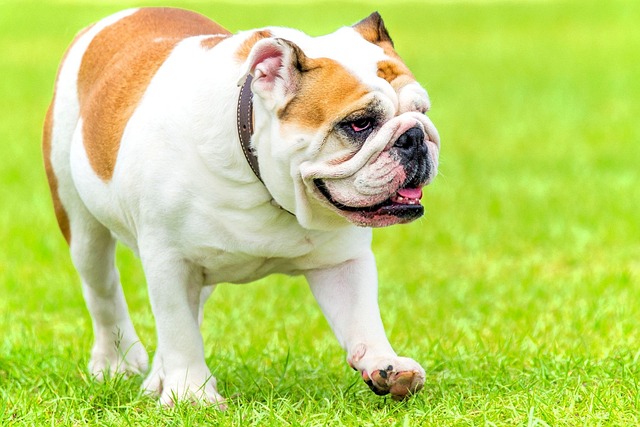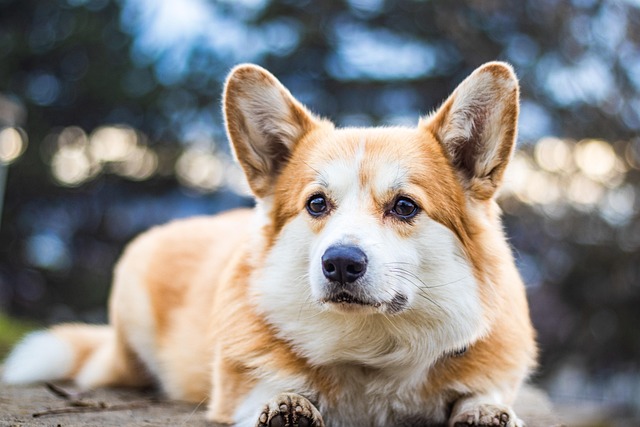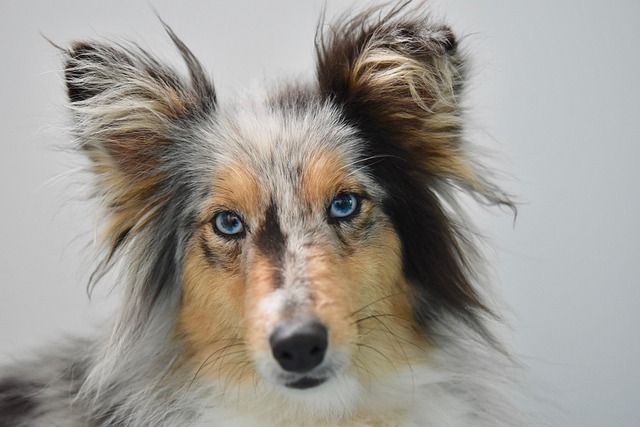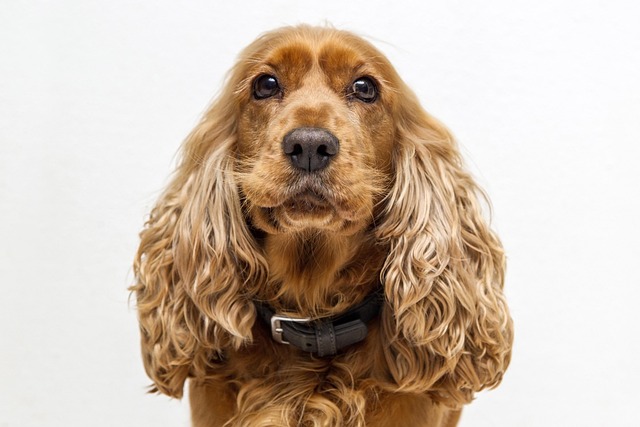Potty training is a rite of passage for dog owners, but some breeds present unique challenges. Understanding these difficulties isn't about labeling dogs "difficult"—it’s about recognizing their traits and adapting training methods to build trust and consistency.
Huskies, with their independent and stubborn streak, often test the limits. Bred to pull sleds over vast distances, they prioritize instinct over commands. Their high energy levels mean they might get distracted easily, and their strong prey drive can make them ignore cues. Housebreaking a Husky requires patience, as they respond better to positive reinforcement than strict discipline.
Bichon Frises, despite their cute appearance, can be tricky. Their small bladders mean more frequent trips outside, and they’re prone to marking territory. These sensitive dogs may resist training if they feel pressured. Consistency is key; establish a routine, praise every successful outdoor pee, and avoid punishment for accidents, which can create anxiety.
Terriers, from Jack Russells to Airedales, are tenacious and territorial. Their hunting heritage makes them alert to any movement, leading to distraction during training sessions. They're also known for their strong will, often deciding when it’s time to cooperate. Short, engaging training sessions with high-value treats work best, but remember to keep them leashed outdoors as per local regulations to avoid chasing small animals.
 Bulldogs face physical challenges that impact potty training. Their squat bodies and short legs make it harder to hold their bladder for long periods. Additionally, they can be stubborn and slow to learn. Create a predictable schedule, taking them out first thing in the morning, after meals, and before bedtime. Some regions have specific rules regarding dog waste disposal, so always clean up after your Bulldog to avoid fines.
Bulldogs face physical challenges that impact potty training. Their squat bodies and short legs make it harder to hold their bladder for long periods. Additionally, they can be stubborn and slow to learn. Create a predictable schedule, taking them out first thing in the morning, after meals, and before bedtime. Some regions have specific rules regarding dog waste disposal, so always clean up after your Bulldog to avoid fines.
Dachshunds, with their long spines and low stature, can be difficult due to their independent nature and tendency to bark. They may mark indoors to assert dominance. Crate training can help, as dogs naturally avoid soiling their den. But ensure the crate isn't too large—just enough space for them to stand and turn. And in many areas, letting dogs roam freely indoors without supervision isn't recommended for safety reasons.
Training any dog requires commitment, but difficult breeds need extra creativity. Incorporate play into training—hide-and-seek with treats rewards good behavior while keeping them engaged. Stay consistent with commands and routines, and don't be afraid to seek help from professional trainers if needed.
Remember, local animal welfare laws often emphasize proper pet care, including training. Neglecting potty training can lead to issues with neighbors and even legal consequences in some places. Celebrate small victories, whether it’s your Husky finally waiting by the door or your Terrier using the designated spot. Every dog can learn—with the right approach, patience, and a whole lot of love.

 Bulldogs face physical challenges that impact potty training. Their squat bodies and short legs make it harder to hold their bladder for long periods. Additionally, they can be stubborn and slow to learn. Create a predictable schedule, taking them out first thing in the morning, after meals, and before bedtime. Some regions have specific rules regarding dog waste disposal, so always clean up after your Bulldog to avoid fines.
Bulldogs face physical challenges that impact potty training. Their squat bodies and short legs make it harder to hold their bladder for long periods. Additionally, they can be stubborn and slow to learn. Create a predictable schedule, taking them out first thing in the morning, after meals, and before bedtime. Some regions have specific rules regarding dog waste disposal, so always clean up after your Bulldog to avoid fines.



